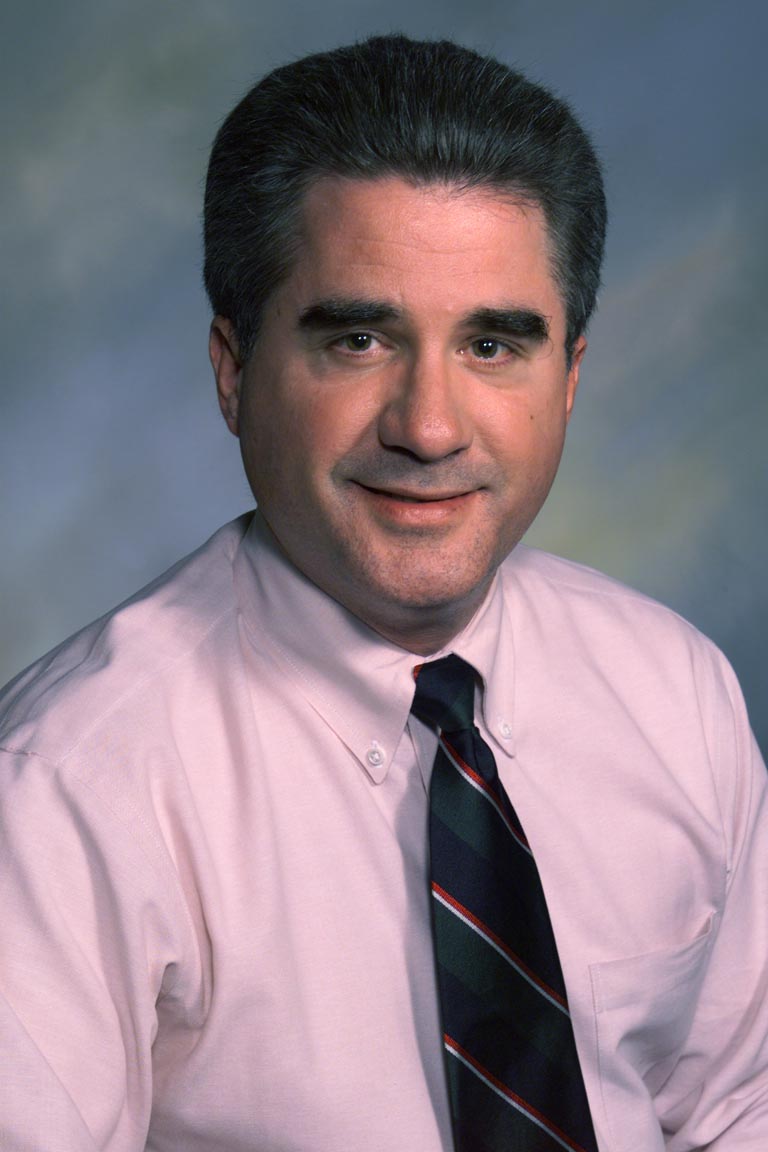
RICHMOND, Va. (BP)–I wouldn’t want George Barna tracking how well I keep my New Year’s resolutions.
But I probably need the reality check he would provide.
Barna, the Christian pollster and researcher, periodically exposes the wishful thinking and self-delusion many professing Christians in America practice. He does so by holding up a statistical mirror to what we say we believe -– and how we actually live.
It isn’t a pretty picture, but we need to look at it. His findings have major implications for all aspects of American church life, including missions.
In an end-of-year look back at his organization’s research, Barna selected what he considers the most significant findings for 2006 (check them out in detail at www.barna.org). They include the following:
— Large majorities of the American public consider themselves “deeply spiritual” and say their faith is “very important.” Yet only 15 percent of regular churchgoers rank their relationship with God as the top priority in their lives.
— The “vast majority” of professing believers no longer understand personal holiness as a basic Christian virtue. If they do, relatively few think it is attainable. Only 21 percent of adults consider themselves holy. Only 35 percent think God expects His people to become holy.
— Most American adults surveyed actively related to a church youth group at some point in their teens, but had “disengaged from organized religion” during their 20s.
— A comparison of Americans’ faith before and after the Sept. 11 attacks showed that five years later, no statistically significant change had occurred in key areas such as religious behaviors, beliefs and spiritual commitment.
— Only one in every six people believes spiritual maturity should be developed in the context of a local church or a greater community of faith.
— Americans are “very comfortable with religious faith. Most adults and even teenagers see themselves as people of faith,” Barna said. “(B)ut their faith is rarely the focal point of their life or a critical factor in their decision-making…. Very limited effort is devoted to spiritual growth. Most Americans experience ‘accidental spiritual growth’ since there is generally no plan or process other than showing up at a church and absorbing a few ideas here and there. Even then, few people have a defined understanding of what they are hoping to become as followers of Christ.”
It’s a discouraging analysis of the mile-wide, inch-deep landscape of American Christianity. But wait -– there’s more.
Barna also identifies a growing movement of what he calls “Christian Revolutionaries” -– believers who demonstrate much higher commitment to group worship, personal spiritual growth, Bible study and biblical beliefs, community ministry, evangelism and financial investment in Christian work.
Even more than self-professed “born-again” or “evangelical” believers, “Revolutionaries” have a clear sense of meaning and purpose; consider their relationship with God the top priority in their life; strive to love Him with all their hearts; believe they will spend eternity with Him only because they have confessed their sins and accepted Christ as personal Savior; and have made a personal commitment to Christ as Lord.
One of the most significant questions, however, is how –- and where -– this cohort of committed believers will practice their faith in the future. Barna sees them embracing diverse forms of leadership, fellowship and worship, including the rapidly expanding network of house churches. They will place more emphasis on “lifestyle affinities” and less on denomination, more emphasis on relationships and experiences and less on doctrine.
And they will make much greater use of new media technologies both to understand and express their beliefs.
Barna also expects the chasm between committed and casual believers to widen.
“The Revolutionary community -– which incorporates divergent but compatible groups of people who are seeking to make their faith the driving force of their life -– is reshaping American faith in ways which we are just beginning to understand,” he observed.
Amen to that. I haven’t even reached the “just beginning” stage in my understanding of these cultural shifts in the modern church. Barna is raising two key questions for all of us, whether or not we’re Revolutionary:
— Will these trends ultimately lead to the collapse of American Christian denominations as we know them –- or to renewal in new forms and expressions?
— Will the Revolutionaries lead a return to biblical faith in American Christianity –- or fall into conflicts and heresies through lack of commitment to doctrine?
I have a third question:
— Will the Revolutionaries participate in cross-cultural missions, and if so, how will they organize themselves to do it?
If you consider yourself one of the Revolutionaries (or if you don’t) and have some possible answers -– particularly to the missions question -– I’d love to hear from you ([email protected]).
–30–
Erich Bridges is senior writer for the International Mission Board.
















